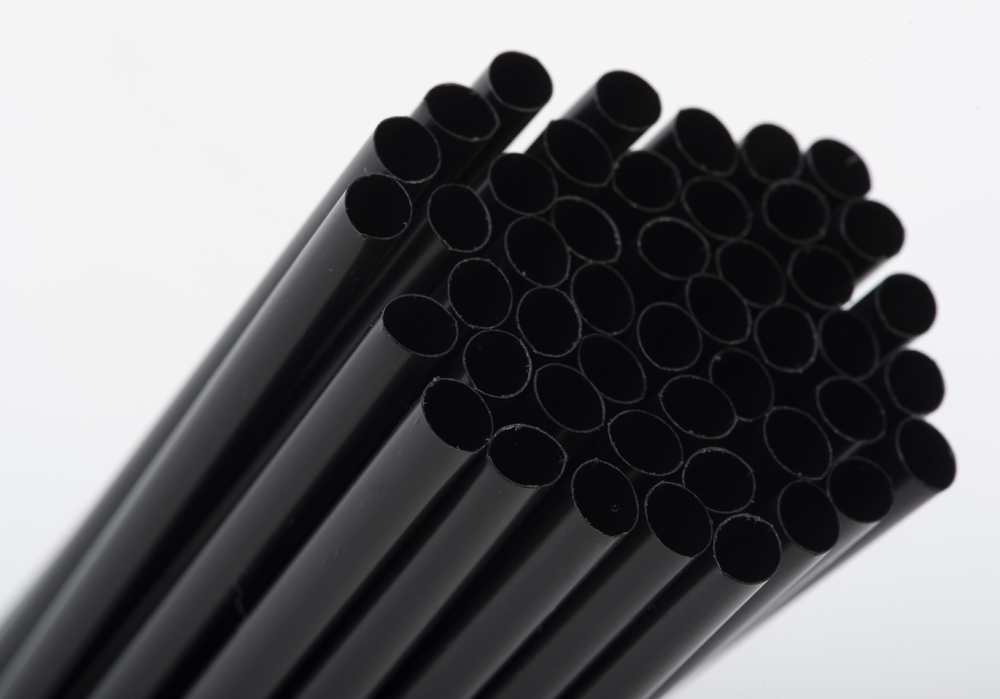Environmental safety is a primary concern these days. People are getting aware that their actions are significantly impacting the environment. Thus, they either stop doing it or move towards sustainable options. The primary concern that comes to mind is reducing the use of plastics. We use plastics every day from almost all perspectives. From storing food to carrying things, such as dog poop bags to garbage bags. The waste generated by plastics is causing litter in the ocean and becomes an unnecessary burden on landfills.
This is where a compostable bag comes to the rescue.
Read this article to learn more about compostable bags and know the answer to the question, are compostable bags food safe.
What Is a Compostable Bag?
Compostable bags appear similar to regular plastic bags that are made of petroleum, but they are not. Instead, compostable bags are made from plant-based materials, such as potato and corn starch, and other sustainable materials. The microorganisms consume these substances, thus helping in their decomposition into the soil. However, they need the right environment to decompose in the composting system.
What Are Compostables?
As the name suggests, compostable refers to an item that easily decomposes in the soil by microorganisms. Compostable items are made from sustainable materials, such as soy protein, tapioca starch, lactic acid, cellulose, or corn and potato starch, rather than plastics made from petroleum. These materials can be broken down in the natural environment and make compostable items easy to decompose.
When Should You Use Compostable Bags?
Compostable bags are typically used in situations where traditional plastic bags would be used, but with the added benefit of being able to break down in a composting environment. Some examples of when to use compostable bags include:
- Picking up yard waste, such as leaves or grass clippings, for backyard composting.
- Storing and transporting food scraps for composting or for collection by a municipal composting program.
- Holding food waste in commercial settings, such as grocery stores or restaurants.
- Packaging for food items that are sold in bulk and are intended to be composted after use.
It’s worth noting that compostable bags aren’t suitable for all situations and should be used properly to ensure they decompose in a safe and timely manner. In general, they should be composted in commercial composting facilities rather than backyard compost piles.
Are Compostable Bags Food Safe?
The primary concern with compostable bags is their safety.
So, are compostable food bags safe? Yes. Compostable bags are designed to be safe for food use and can be used for storing and transporting food items. However, it is important to note that not all compostable bags are created equal and some may not meet the necessary food safety standards. It is important to check that the compostable bags you are using are certified by a reputable organization and have been tested for food safety before using them for food storage or transportation.
Are Traditional Plastic Bags Toxic?
Traditional plastic bags, also known as polyethylene bags, are not considered to be toxic to human health. However, they are not biodegradable and can take hundreds of years to break down in the environment. This can have negative impacts on wildlife and ecosystems, as plastic bags can be ingested by animals or become entangled in their habitats. Plastic bags can also contribute to the problem of plastic pollution in the ocean and other bodies of water.
When plastic bags are not disposed of properly and end up in the environment, they can be harmful to animals and plants. Marine animals, such as sea turtles, whales and seabirds can mistake plastic bags for food and ingest them, which can cause injury or death. Plastic bags can also cause suffocation, starvation and drowning in these animals.
In addition, plastic bags can release toxic chemicals when they degrade in the environment. These chemicals can then be absorbed by plants and animals, which can cause harm to their health.
Overall, while traditional plastic bags may not be toxic to human health, they can be harmful to the environment and wildlife. It’s important to recycle or dispose of them properly and consider using compostable bags as an alternative.
Bonnie Bio: Sustainable Compostable Packaging in Australia
The bottom line is that compostable plastic bags are a great alternative to traditional plastic bags for the reasons stated above. Consider switching to compostable plastic bags now to save the environment from further damage due to traditional plastics.
If you are looking for compostable bags, contact us at Bonnie Bio. We offer them at various sizes. These bags are best for home use, including the disposal of kitchen waste, wrapping sandwiches, planting bagged seedlings and many other uses. Get them now.

